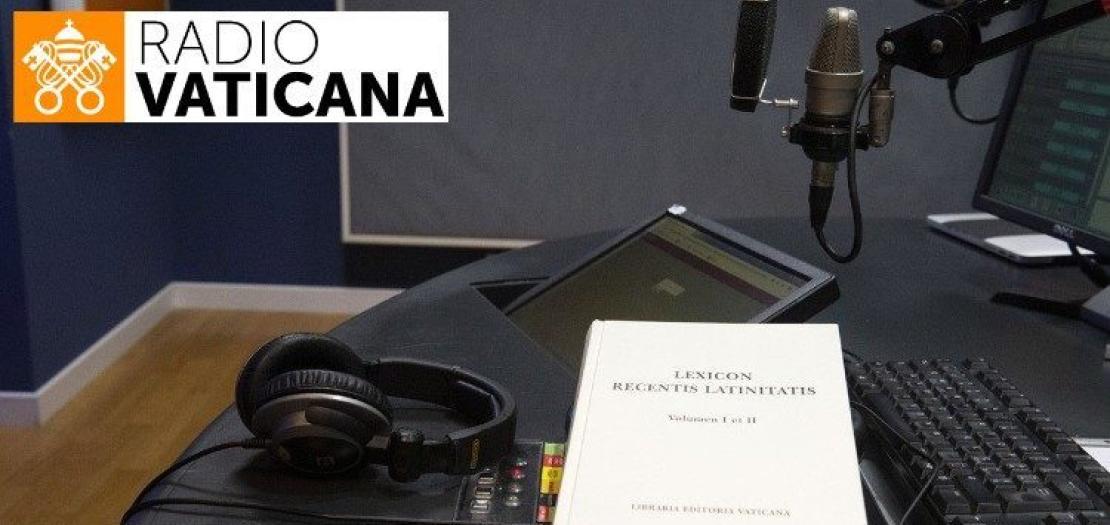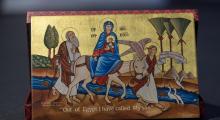Issued by the Catholic Center for Studies and Media - Jordan. Editor-in-chief Fr. Rif'at Bader - موقع أبونا abouna.org

On February 12, 1931, Vatican Radio, also known as the Pope's Radio, was inaugurated by Guglielmo Marconi, the scientist credited with the invention of the radio. Pope Pius XI delivered his radio message in Latin, reaching faithful listeners around the world. This marked the beginning of a groundbreaking medium that would revolutionize the communication of the Pope's message.
Pope Pius XI's vision for Vatican Radio was to establish an independent and influential platform for the Pope to communicate without interference. He recognized the importance of technology and collaboration with Marconi, who was a pioneer in international broadcasting.
During World War II, Pope Pius XII, who succeeded Pope Pius XI, gave renewed impetus to Vatican Radio. He established an office dedicated to connecting people affected by the war. This initiative allowed Italians and other populations worldwide to reach out to their loved ones. Through the Vatican network, messages were transmitted, providing comfort and hope to those separated by the conflict. Over 1.2 million messages were transmitted between 1940 and 1946, fostering a sense of connection and reassurance during a challenging time.
These initiatives empowered successive Popes and solidified the role of Vatican Radio as an independent and influential communication platform. Mario Galgano, a representative of Vatican Radio, emphasizes the significance of this independence for the Pope and all Christians. Vatican Radio enables the Pope to communicate freely and share a universal message, a responsibility shared by all Christians as bearers of the faith.
Vatican Radio serves as a bridge between the Pope's message and its understanding by translating and explaining it in various contexts. In challenging situations that affect many parts of the world, Vatican Radio plays a vital role in contextualizing the Christian message and conveying it effectively. The station not only transmits the voice of the Pope but also provides crucial news for the protection of persecuted Christians, offering solace and guidance.
One powerful testament to the impact of Vatican Radio comes from missionary Pierluigi Maccalli, who was held captive by extremists in Mali, Africa. During his imprisonment, Maccalli found solace and hope in listening to Vatican Radio. He heard the Pope's voice and felt his closeness through the appeals made for his liberation. Vatican Radio played a significant role in Maccalli's spiritual survival. After his release, he expressed his gratitude for the service provided, highlighting how Vatican Radio can save the lives of many Christians around the world.
Today, Vatican Radio continues its mission of spreading information globally, broadcasting the Pope's voice, and providing inspiration, guidance, and vital news for persecuted Christians. It remains a powerful medium connecting the Pope's message to millions of listeners worldwide, offering a lifeline of hope and support.







